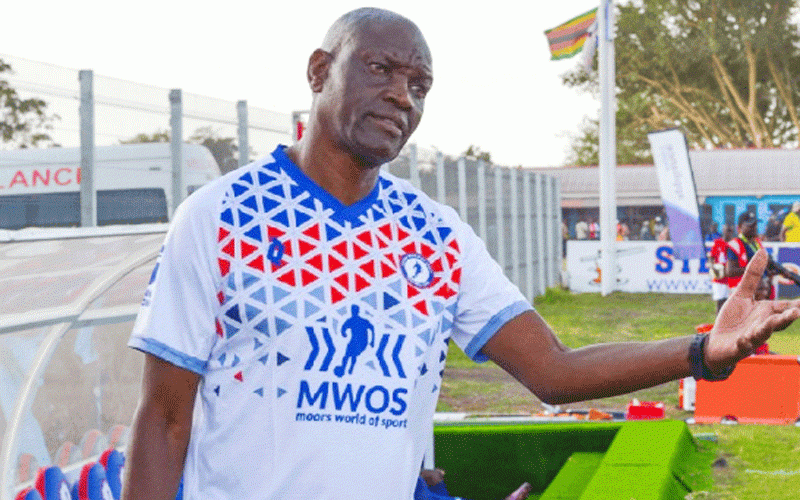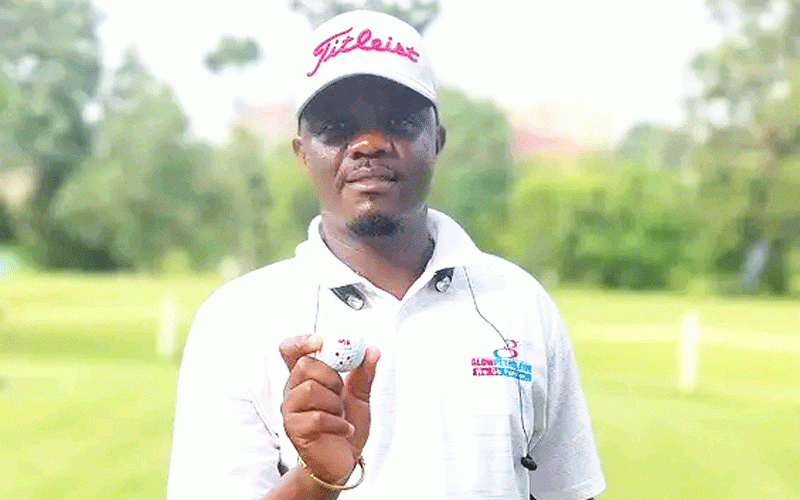
The 67-year-old vividly remembers when she first heard that Russians were trying to court the Zimbabwe hockey team to participate at the Games to replace the Western countries that had boycotted in protest over Russia’s invasion of Afghanistan.
With Zimbabwe expected to host the 2011 All Africa Games qualifiers that will also double as the 2012 Olympic qualifiers later this year, Stewart took time to reflect on the exciting episode that dawned on a nation that was still celebrating its own independence.
“It was on the 11th of June in 1980 and we were celebrating my son Evans’ 5th birthday when we heard that the Russians were in town and wanted us to participate at the Games that were due to start in August that year.
“We simply laughed over the issue, but we soon heard that our government had agreed to send a team and the Russians offered to pay for the expenses,” she said.
“The team was hastily assembled at Manyame Airbase and we boarded a cargo aircraft together with four members of the Zimbabwe Under-23 soccer team who had been invited to the Games.
“Team spirit started right at the airport where we shared everything we had, including drinking water from the same bottle drink. The football players who also included Shepherd Murape turned out to be our best supporters,” she said.
Thus the Zimbabwean hockey team of Sarah English, Maureen George, Ann Grant (captain), Susan Heggett, Patricia McKillop, Brenda Phillips, Christine Prinsloo, Sonia Robertson, Stewart, Helen Volk, Linda Watson, Elizabeth Chase, Sandra Chick, Gillian Cowley and Patricia Davies went to the Moscow Games.
Indeed, they surprised all and sundry by clinching an Olympic gold medal, a first for the country that was still in its infancy.Playing on astro turf for the first time, Zimbabwe blasted Poland 4-0, drew 2-2 against the then Czechoslovakia before beating the hosts and tournament favourites 2-0.
- Chamisa under fire over US$120K donation
- Mavhunga puts DeMbare into Chibuku quarterfinals
- Pension funds bet on Cabora Bassa oilfields
- Councils defy govt fire tender directive
Keep Reading
The team, led from the front by Pat McKillop, who top scored with six goals, then followed up with a 1-1 draw against India before hammering the Austrians 4-1 in the final match to clinch the team’s first ever medal and to date the only hockey sport medal.
“We won the tournament because the best teams were not there. However, that does not discredit the victory as I, being the coach, owes it to three things: the change of rules, change of turf and the fact that most of the teams underrated us.
“The Moscow Games were the first which saw the introduction of the astro turf and though we did not have it as did most the countries at the Games, we had an advantage in that we play on grass this side. In Europe they play on non-grass, so we had astro turf advantage, though we were playing in it for the first time.”











